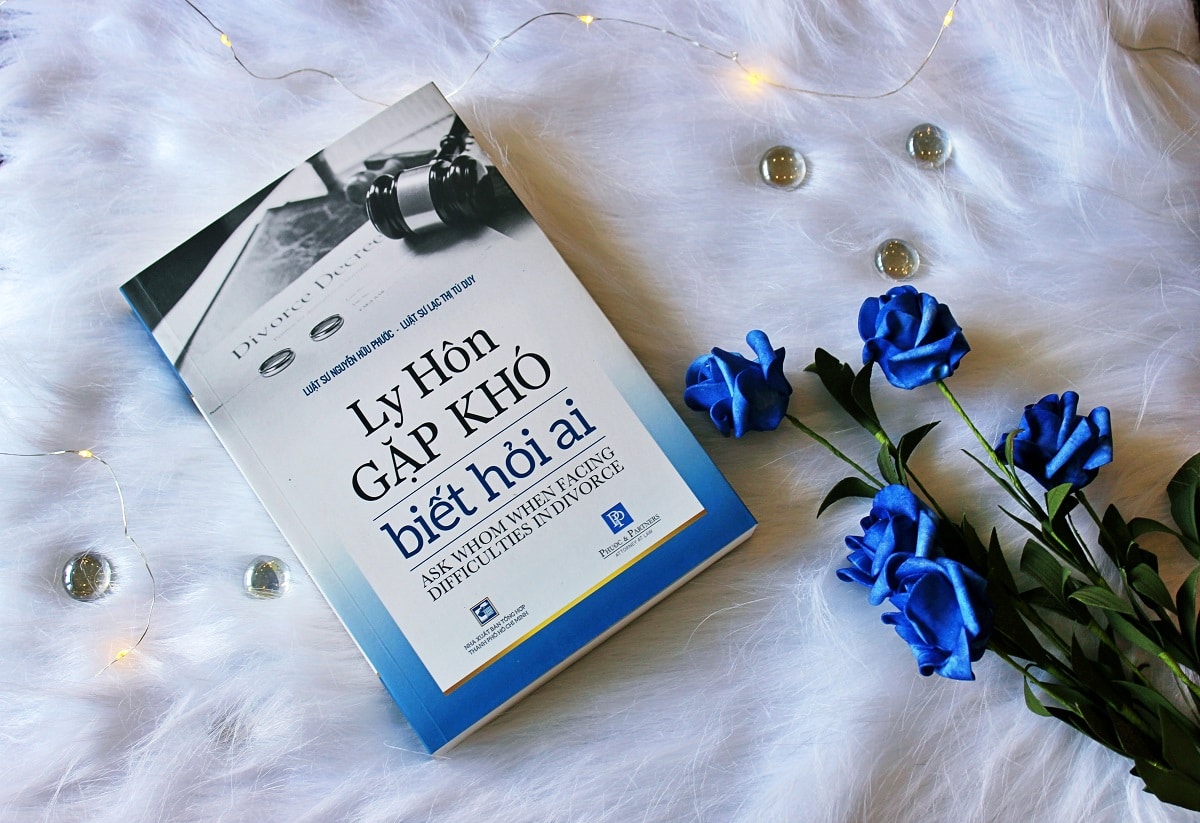Currently, one of the issues which spouses always face when going through a divorce which is likely to be at the center of the dispute is the right to child custody. Whether they only have one child or multiple children, the determination of who has direct custody of the children needs to follow certain rules. The law generally recommends negotiation as a way to solve issue, and the Law on Marriage and Family is no exception. Accordingly, both spouses have the right to negotiate with each other on the sole custody as well as on their respective rights and obligations after the divorce. However, if no agreement can be reached, the Court will base its decision on certain criteria to determine who shall be able to nurture, educate, and care for the children as follows[2]:
- The children’s rights and benefits on every aspect;
- For children older than 07 years old, their wishes shall be considered; and
- Children younger than 36 months must be brought to their mother, unless the mother is not able to directly care for, nurture, and educate them, or that the parents have other agreements which are appropriate for the children’s benefits.
In fact, when considering important factors to ensure the safeguard of children’s rights, the Court will usually base its consideration on income, accommodation, available time for caring for the children, love affair, etc. Therefore, either spouse who wishes to raise the children must prove that he or she can provide them with good living conditions in terms of material conditions (accommodation, education, entertaining, recreation, etc.) and regarding mental health conditions (time available for caring, loving, educating the children, etc). Conversely, the spouse can provide evidence that the other is not physically and mentally qualified to raise their children. Usually, mental factors are easier to prove and often applied in practice. For example, either spouse can issue a written confirmation from family members, neighbours and the head of the neighbourhood/hamlet about whether the person who wants custody of their children is a person who regularly commits domestic violence, does not love the children, is a bad model for them, or living as a spouse with other individual. As for the material aspect, the spouse can provide evidence that the actual income of the other is not enough to bring the children up or provide them with the basic standards of living.
The consideration and collection of children’s opinions who are 07 years or older must comply with the Civil Proceedings Code 2015. The individuals in charge of collecting children’s opinions must show friendliness, act suitably with respect to the minor’s psychology, age, maturity level, cognitive ability, as well as ensure the children’s legitimate rights and interests and keep their personal secrets[5]. In fact, Point 26, Section IV of Response No. 01/2017/GD-TANDTC of the Supreme People’s Court on 07 April 2017 provides the following guidance: “… to ensure the rights of the children, the Court must collect their opinion, with consideration for the desire of those who are 07 years of age or older; the method for collecting opinions must be child-friendly. However, the Court must base its decision on all aspects of the child’s interests to decide who shall have sole custody”. As a result, despite the provisions on consultation and respect for the children’s decisions, the Court still prioritises ensuring all aspects of the children’s interests. Their wishes are taken into account, but they are only contributing to a small part of the Court’s decision[6].
Whether it is one or many children, the
Court must always base its decision on the above grounds to decide who shall be granted child custody.
Especially in the case of multiple children, the Court must clarify both parents’ respective
conditions to decide who will have custody of the children or to separate the
children appropriately according to the actual capabilities of their parents.
The difficulty for the Court is
that it must consider each parent’s income level to
determine how many children each
parent could raise, while at the same time, identifying other factors such
as accommodation, a place for study, entertaining, children’s opinions, etc.
When the children are separated but the “benefits” are not distributed equally,
the person bearing less responsibility must compensate his or her spouse for the
difference. For example, a divorce judgement grants a husband custody of their 16 years old child, while the wife is in charge of custody for two children under 36
months old. At that time, considering that the husband does not have to spend
as much time and money to meet the children’s basic necessities as the wife,
the Court may base its decision on this factor to determine that the husband
must provide support for the two little children. This is based on the
principle that after divorce, parents still have the rights and obligations to
look after, care for, nurture, and educate minor children or their adult
son/daughter who have lost their
civil act capacity, or are unable to work and have no property to
support themselves. Consequently, parents who do not have direct custody of children must provide
support for their children[8].
[2] Article 81 of the Law on Marriage and Family 2014.
[5] Article 208.3 of the Civil Proceedings Code 2015.
[6] Nguyen Phan Nam, “Right to child custody and legal regulations”, People’s Court Journal, https://tapchitoaan.vn/bai-viet/phap-luat/quyen-nuoi-con-khi-ly-hon-va-cac-quy-dinh-cua-phap-luat.
[8] Articles 81.1, and 81.2 of the Law on Marriage and Family 2014.
If you would like more information on how we can assist you with divorce issues, please contact us at: +84 (28) 36223522 or email us at info@phuoc-partner.com

